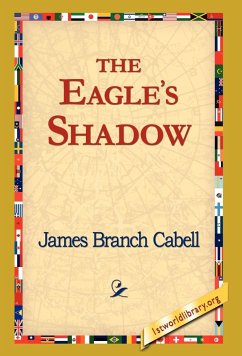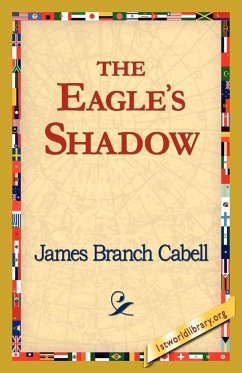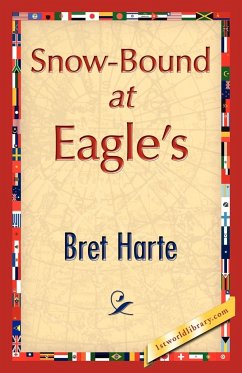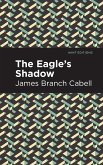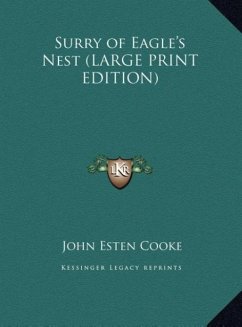This is the story of Margaret Hugonin and of the Eagle. And with your permission, we will for the present defer all consideration of the bird, and devote our unqualified attention to Margaret. I have always esteemed Margaret the obvious, sensible, most appropriate name that can be bestowed upon a girl-child, for it is a name that fits a woman - any woman - as neatly as her proper size in gloves. Yes, the first point I wish to make is that a woman-child, once baptised Margaret, is thereby insured of a suitable name. Be she grave or gay in after-life, wanton or pious or sullen, comely or otherwise, there will be no possible chance of incongruity; whether she develop a taste for winter-gardens or the higher mathematics, whether she take to golf or clinging organdies, the event is provided for. One has only to consider for a moment, and if among a choice of Madge, Marjorie, Meta, Maggie, Margherita, Peggy, and Gretchen, and countless others - if among all these he cannot find a name that suits her to a T - why, then, the case is indeed desperate and he may permissibly fall back upon Madam or - if the cat jump propitiously, and at his own peril - on Darling or Sweetheart.
Hinweis: Dieser Artikel kann nur an eine deutsche Lieferadresse ausgeliefert werden.
Hinweis: Dieser Artikel kann nur an eine deutsche Lieferadresse ausgeliefert werden.

